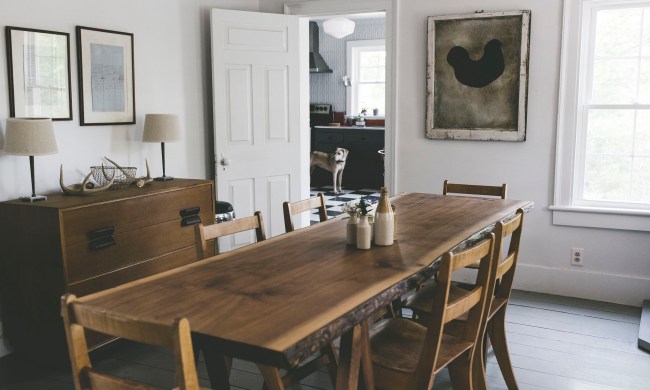Are parts of your home just not passing the vibe check? If so, a feng shui house may be the simple solution you need to welcome positive energy into your home. Your home should be a place of balance, harmony, and positive energy, and choosing the right feng shui plants for home decor can help create that ideal atmosphere.
With their ability to purify the air, uplift your mood, and enhance the flow of good energy, these plants are more than just décor — they’re a natural way to bring life into your space. Whether you want to invite prosperity, promote relaxation, or cultivate a sense of well-being, the right plants can make all the difference. But before we dive into the best options, let’s explore why plants play such an essential role in creating a harmonious home environment.
What is feng shui?

Feng shui is an ancient Chinese practice that focuses on creating balance and harmony in a space by arranging objects in a way that optimizes the flow of energy, or chi. Rooted in Taoist principles, feng shui is based on the idea that everything in our environment carries energy, which can impact our well-being, mood, and success.
It incorporates elements like natural light, color, and the five elements — wood, fire, earth, metal, and water — to enhance positive energy and minimize negativity. By thoughtfully placing furniture, decor, and even feng shui plants for home decor, feng shui aims to create a space that promotes health, happiness, and prosperity in all aspects of life.
Why use plants for feng shui?
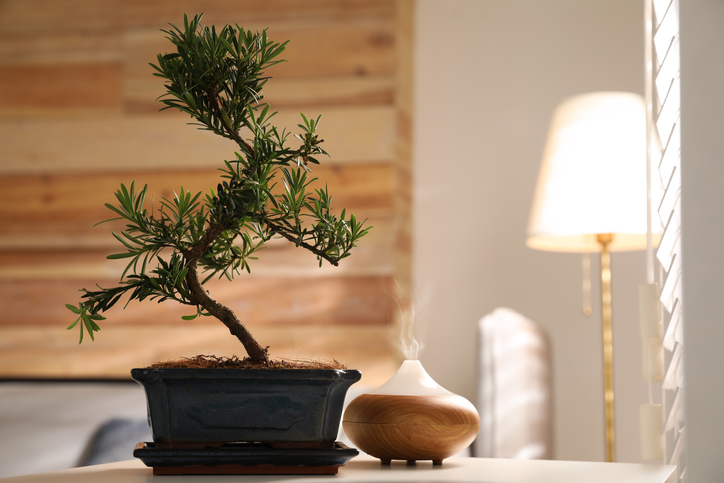
Plants are naturally great for feng shui because they can purify the air, leading to health benefits and a positive mental state. They also have an inherent peaceful quality about them, wouldn’t you say? And if you place your plant correctly, almost any plant will contribute to a room’s feng shui.
According to this ancient concept, there are five elements that must be balanced in a space: fire, earth, metal, water, and wood. Anything you put in your home will fall into one of these categories. Plants are in the wood category, so they pair well near water and earth but clash with metal and fire. These are things to consider when placing your feng shui plants.
Although most plants, when placed intentionally, will heighten a room’s feng shui, we have some suggestions for the nicest ones that won’t give you a headache when trying to keep them alive.
Which plants to use for the best feng shui
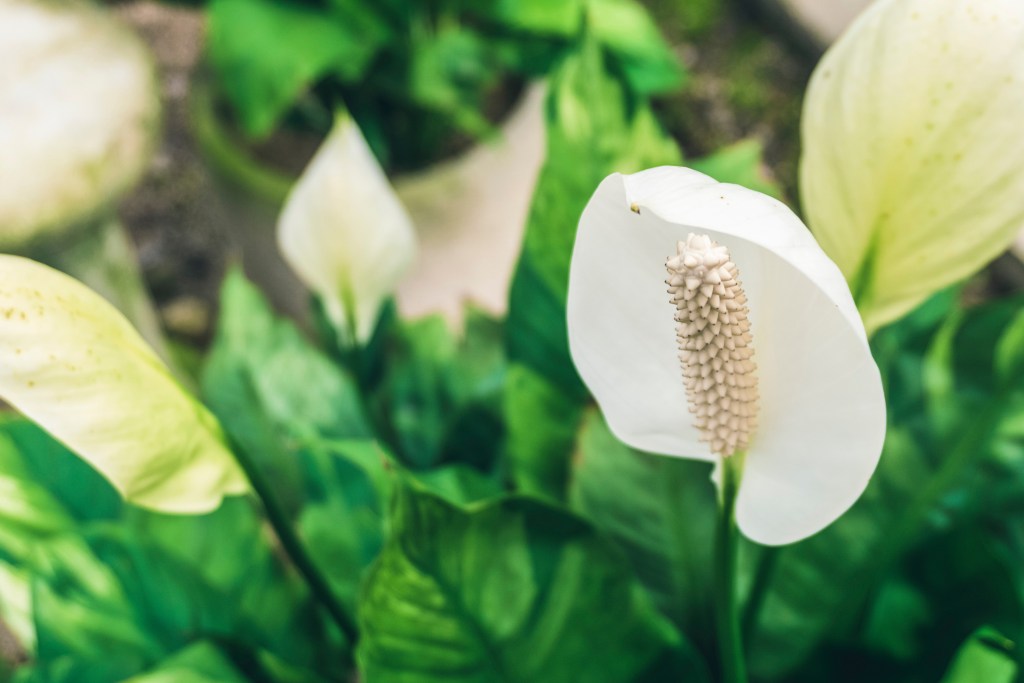
Peace lily
This lovely, delicate-looking plant doesn’t need much light to survive. More light will allow its signature long, white leaf to grow brighter, and it only needs medium light at most. Peace lilies shouldn’t be overwatered, making them super low-maintenance plants. Peace lilies look great in an office space or a laundry room — any area that needs a little livening up. Place one on the floor in the corner of a room, visible from where you’d be engaging in house or office work, for a real mood booster.
Bonsai tree
If you need something a little smaller for your home office, try a bonsai tree. These guys can fit right on your desk and bring some tranquility to your otherwise stressful workday. Plus, there are many kinds to choose from in different shapes and with a variety of leaf types.
Bamboo
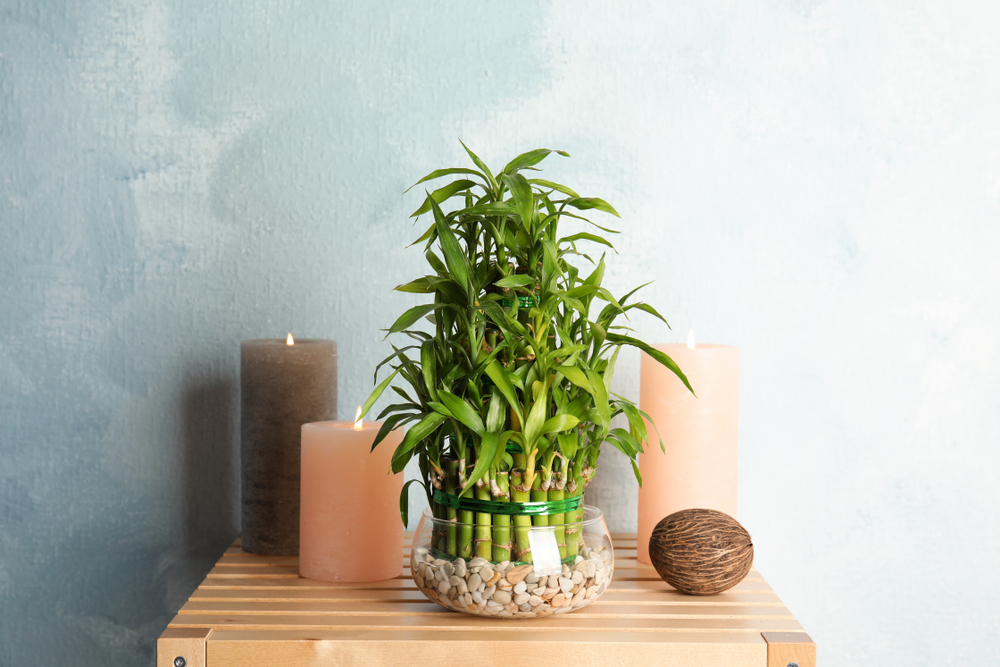
Good luck is in the air when there’s a bamboo plant around. People often call it “lucky” bamboo, so you can bet that it’s quite popular for feng shui. This hardy plant needs indirect sunlight and weekly watering but can withstand various conditions, so it is simple for beginner plant parents to care for. Bamboo really shines in an entryway or on a kitchen floor. Our advice is to use it sparingly, though. It’s a fun plant, but too many could overwhelm a space, especially because they can grow fairly tall.
Money tree
Money tree plants are also known for bringing good luck. Their tall, thick, twisted roots grow up and blossom out into a rounded swell of green leaves. They can grow in low to medium light and should not be overwatered. A money tree is a great living room plant; place it right next to your couch, and voila! You have improved the feng shui for you and your guests.
Aloe
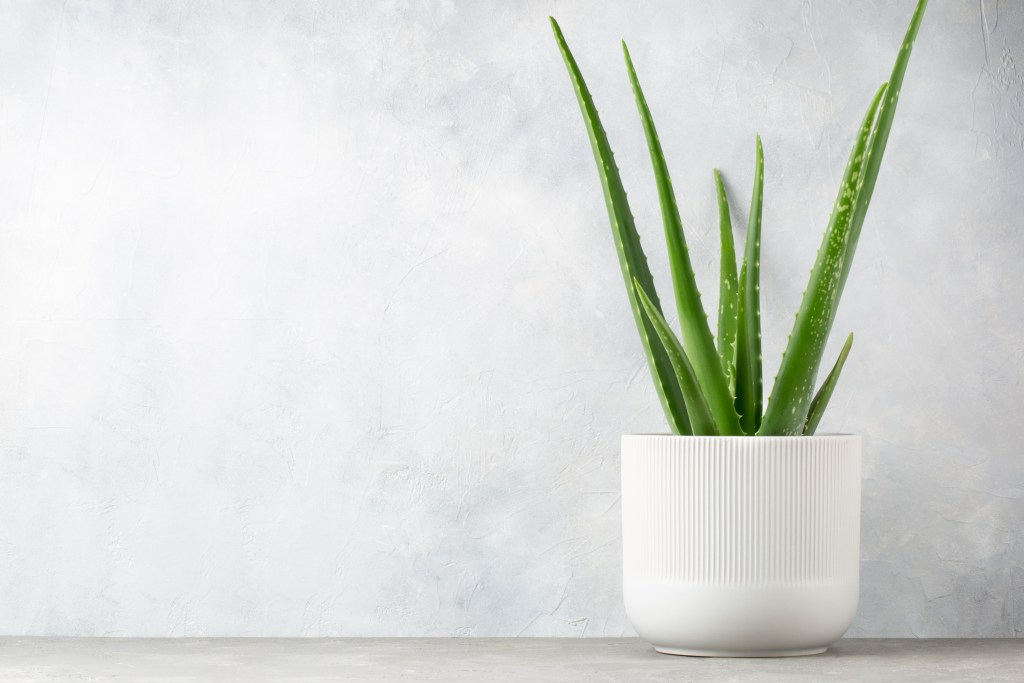
An aloe plant is a cute cross between a succulent and a cactus. It has damp, chunky leaves like succulents and small spikes reminiscent of cacti. Juices from an aloe plant can be used to moisturize and heal cut or damaged skin. Place your aloe plant on a bathroom or kitchen counter in bright but indirect sunlight.
Pothos
This indoor plant is extremely popular because it’s easy to take care of and makes for great feng shui decor. It’s recognizable by its long vines that can hang over the side of the pot. Plant these babies in a hanging plant potter or on a windowsill for ultimate feng shui.
Monstera
Monsteras are amazing floor plants to put in your hallway or on a staircase landing. One could even work in the corner of a large bedroom or living room. A monstera’s big leaves are often referred to as Swiss cheese leaves, but we think they give off a serious tropical vibe, and who wouldn’t want a little bit of the tropics in their home? Just make sure you get this beginner plant in a well-drained pot.
Placing indoor plants around the house is a top-recommended way to achieve pleasant feng shui, which can help improve your mood and overall well-being. The best part is that you don’t need to be an expert gardener for these plants to thrive in your home. Try some feng shui plants for home design and see how quickly your atmosphere can change for the better.



